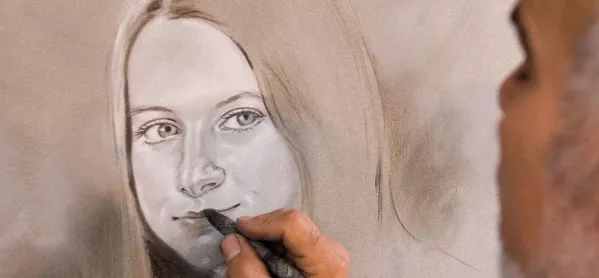It’s pretty much in my job description to love all editions of Tes equally - and I do.
Well, sort of. It’s a bit like admitting that you prefer one of your children over the rest, but I must come clean: this week’s mag is a bit special.
The reason I’m so besotted is because it features several particularly fine examples of teacher-writing - in particular, Claire Jarmy’s triumphant essay on whether teachers can or should leave their political and ethical biases at the school gates and Kevin Rooney’s masterful polemic on the use of teachers as political tools to drive social mobility.
I don’t like these pieces because I agree with them - honestly, I am not sure about either - I like them because they make me think. More importantly, I hope they will make our readers think, too. Hopefully it’ll make you reflect on what it is to be a teacher and why you do it.
Is it to aid some transformative mission for society? Is it to deliver morally upstanding citizens? Or is it simply to impart knowledge?
All these, and more, are fascinating questions that should be endlessly asked as a process of renewal.
It’s good to talk
Giving space for the profession to talk about itself is one of the most important aspects of the work of Tes: possibly even its raison d’etre.
It is therefore good news that despite the manifold problems being faced by the profession - pay, recruitment, accountability, etc - there are more and more teachers who want to do just that.
This is because one of the signs of a mature and confident profession is that it is reflective. Claire and Kevin don’t just talk the talk: they walk the walk, too. Claire, an independent school teacher, is a prolific writer and thinker about both her profession and her subject. Kevin, a comprehensive school teacher, writes, organises debates, and speaks on panels about education and its politics.
And they’re not the only ones: the signs have been there for some time that much of the rest of the profession is doing likewise - just have a trawl through education blogs, Twitter and, indeed, these very pages.
There is also professional scaffolding emerging around that conversation. For instance, the new Chartered College of Teaching has such discourse as one of its reasons for being, while all the indications suggest that there is a drive from within to make the new National Education Union, born next month when the NUT and ATL teaching unions merge, as much about dialogue, research and thinking as striking, marching and shouting.
These are just two examples, but there are many more.
It is at this point worth highlighting that there have always been voices from within the profession who have engaged in these reflective practices, but - in recent years, at least - teaching has been easy to portray as defensive and reactive. This is partly the fault of Michael Gove and his shock and awe approach to reform (the consequences of which are being felt by schools and GCSE students this very week).
But at a time of unprecedented challenge in education - exam reform is a timely example - teachers need to speak with confidence about their chosen discipline if politicians, parents and the media are going to listen to them. Being reflective and self-critical is an essential part of that.
It makes the profession harder to attack, easier to respect, and less likely to have its voice ignored when reforms are imposed on it from above.
@Ed_Dorrell




